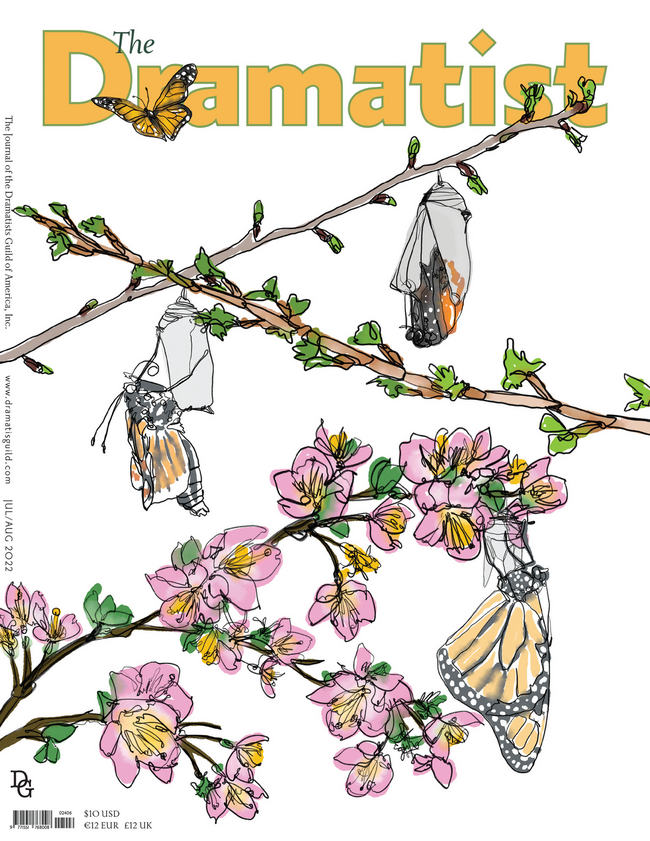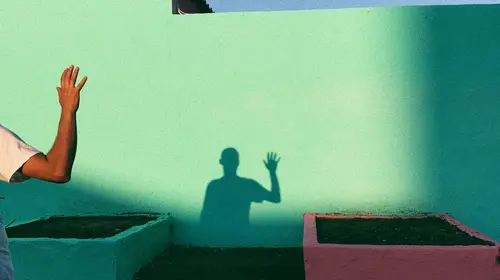
Patriot’s Day, 2013. Our Boston world was changed forever when two bombs went off at the Boston Marathon, killing three innocent bystanders and injuring hundreds of others.
I was teaching Theater Appreciation at Bridgewater State University. The assigned chapter in the textbook that week (Cohen - Theatre, Brief) included documentary theatre.
I asked the students: ‘If we were going to create a documentary play yesterday, who would we interview?’ Responses flew back at me. ‘First responders.’ ‘Runners.’ ‘Spectators.’ ‘Doctors and nurses.’ ‘Journalists.’
Inspired by that day, a year later in collaboration with Joey Frangieh of Boston Theater Company, we started interviews and research. After a preview run in 2016, we opened a first-class production at Boston’s Shubert Theater of Finish Line.
In 2015, I created a sophomore writing seminar on this subject. The students are mostly non-majors who create their own short pieces on topics close to their heart. The textbook used is Verbatim, Verbatim featuring interviews with Alecky Blythe, David Hare, Robin Soans and Max Stafford-Clark.
They do research, develop an interview list, learn how to transcribe and format the script, and edit their work. Topics have included: vaccinations in children, the Boston Red Sox, being Black in a mostly white school, living with natural hair, karma, stress in students, the daily life of hairdressers, drug addiction, coming out, and the Beatles.
The students are encouraged to focus on topics where they have easy access to interviewees. Family, friends, co-workers. They are instructed on permission to record statements, which must be included in their transcriptions, and anonymous interviews are an option.
Transcriptions need to capture the exact style, flow, parlance, hesitations, emphasis. These must be done in the painstaking but important process of doing it themselves instead of a software program. A complete guide is offered.
Themes emerge. Powerful, comedic or insightful lines of ‘dialogue’ jump off the transcriptions. Editing is always a challenge, but we work on tightening drafts, and discovering the core aspects of their stories. Other sources are added, including excerpts from news stories and articles, historical documents, and public social media posts.
Typically, they navigate through three drafts before the final showcase. They workshop their pieces in groups in class, acting in each other’s plays. There is a final showcase, concert reading style, of their short pieces.
These student productions represent stories that need to be told. Stories of the human condition—subjects large or small. Universal or personal. Events that happened on the world stage, or in small moments of everyday. It’s what theatre has always been about. It’s not fiction that springs from the fertile, creative mind of the playwright, but a script created from the actual words of those interviewed. Real people, who become the ‘characters’ in the play.
I am always inspired and enlightened by the work of the wonderful students. And we end the semester with a shared love of the power of documentary theatre.

_%20photo%20by%20linda%20martin.jpeg1fe0.jpg?h=0e403d73&itok=h0aPK47l)

